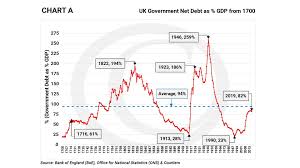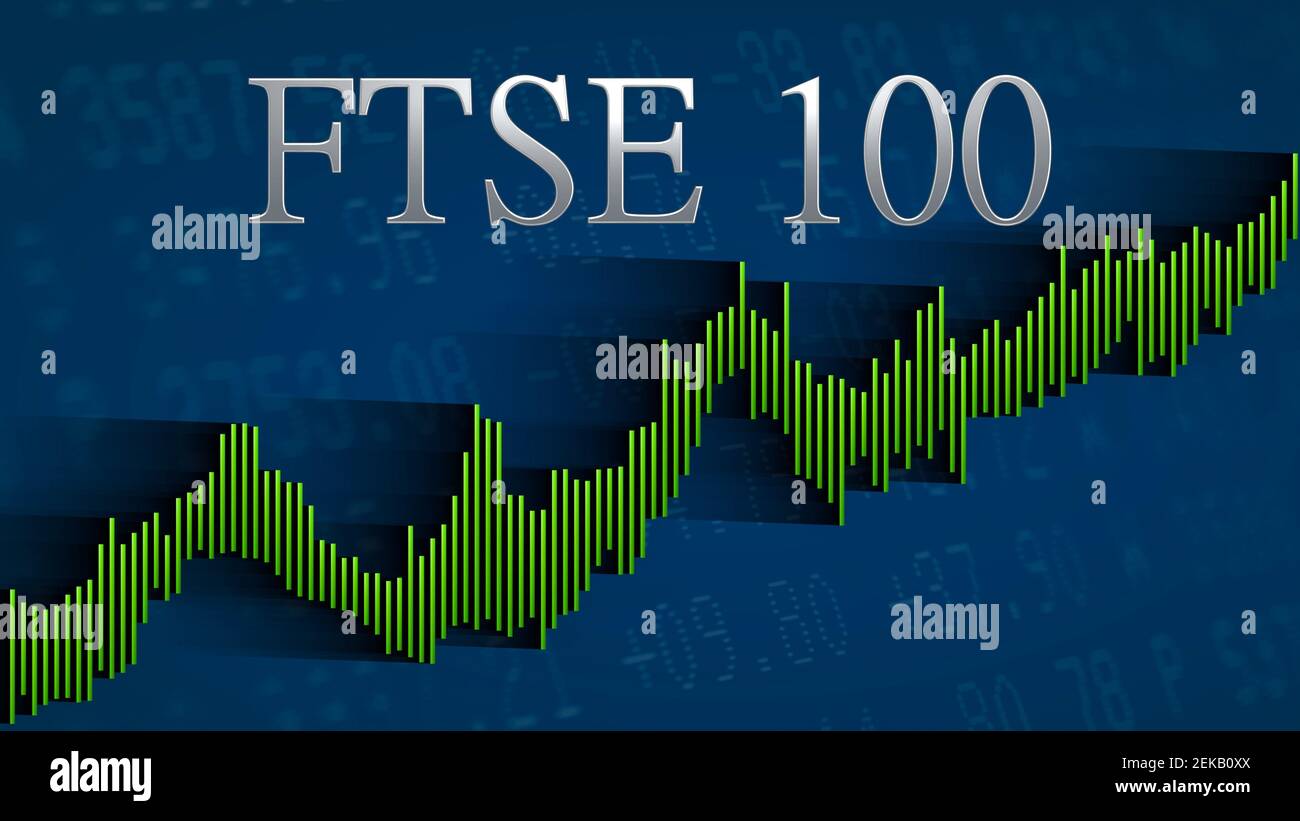
The sharp rise in UK government borrowing has created a fiscal squeeze that makes a tax raid on pensions in next month’s Budget increasingly likely, warns Nigel Green, chief executive of global financial advisory giant deVere Group.
The warning comes as official figures show public borrowing reached £20.2 billion in September, the highest for that month in five years.
It brings total borrowing for the first half of the fiscal year to nearly £100 billion, significantly above forecasts, underscoring the growing challenge facing Chancellor Rachel Reeves as she prepares for the November 26 Budget.
Nigel Green says the situation “sets the stage for a politically risky and economically damaging move against pension savings.”
“The numbers speak for themselves. Borrowing has surged far beyond expectations while growth remains flat and debt servicing costs are swallowing a larger share of national income,” he explains.
“When the Treasury finds itself under this kind of pressure, pensions are often first in line. They’re seen as an easy source of revenue that can be tapped quickly, even if the long-term consequences are severe.”
He adds that this moment echoes past fiscal squeezes when governments turned to pension reforms and stealth taxes to plug gaps.
“From frozen allowances to lifetime limit changes, history shows that pensioners are the easiest targets. The political calculation is that they’re less likely to shift their financial arrangements or take to the streets, but that calculation underestimates how much confidence and capital are destroyed in the process.”
The deVere chief warns that the economic backdrop makes the temptation to raise pension taxes particularly strong this year.
“Debt interest payments have exploded as inflation lingers and bond yields stay high. The government’s borrowing costs are running tens of billions ahead of projections. Combine that with ambitious spending commitments and it becomes increasingly clear that the Treasury will be hunting for new revenue.”
He points to renewed discussion among policy circles about aligning tax rates on pension income with those on earnings and reducing higher-rate relief on contributions.
“These ideas resurface whenever fiscal space narrows,” says the deVere CEO.
“They are always framed as modernisation or fairness measures, but they amount to the same thing: taking more from savers who have already paid tax once on their income and have planned responsibly for their retirement.”
He stresses that while the Chancellor faces difficult choices, targeting pensions would be counterproductive.
“Undermining confidence in long-term saving would push future generations to rely more heavily on the state, not less. It would choke off investment flows into British industry that come from pension funds, weakening the country’s growth potential just when it needs to be strengthened.”
The global financial adviser notes that deVere has already seen an increase in clients seeking to review their retirement strategies ahead of the Budget. “People can sense what’s coming,” he says.
“When Treasury officials refuse to rule out tax rises, it usually means they are being discussed seriously behind closed doors. Anyone with retirement savings should be acting now to secure legitimate, government-approved solutions that protect their position before the rules change.”
He adds that the broader economic implications extend beyond pensioners.
“Higher effective taxation on retirement income depresses consumer spending among older households, which are a key driver of domestic demand. It also sends a damaging message to international investors about the UK’s policy stability.
“When governments shift the goalposts too often, capital goes elsewhere.”
Nigel Green concludes: “Rachel Reeves faces the toughest Budget of her career, but raiding pensions would be a serious error. Britain’s fiscal credibility depends on encouraging saving and investment, not punishing them.
The Chancellor must resist the short-term temptation to squeeze retirees to fix long-term structural issues. Once trust in the system is broken, it’s almost impossible to rebuild.”













